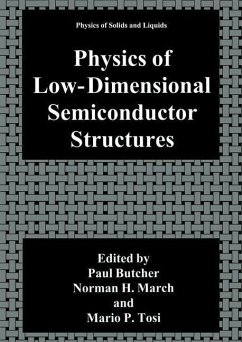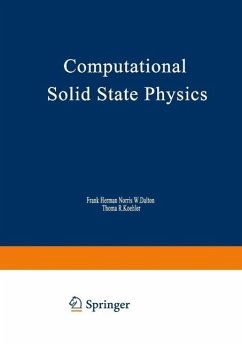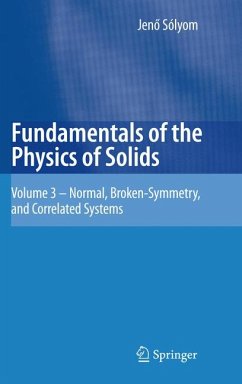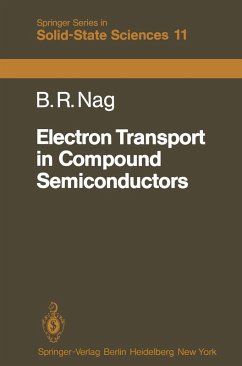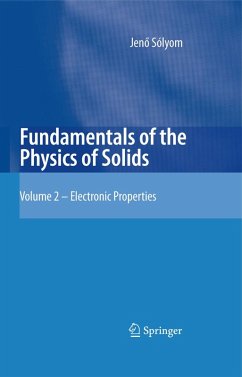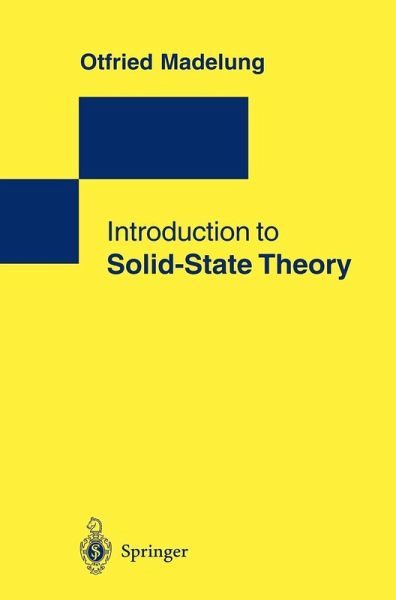
Introduction to Solid-State Theory (eBook, PDF)
Versandkostenfrei!
Sofort per Download lieferbar
167,95 €
inkl. MwSt.
Weitere Ausgaben:

PAYBACK Punkte
84 °P sammeln!
Introduction to Solid-State Theory is a textbook for graduate students of physics and materials science. It also provides the theoretical background needed by physicists doing research in pure solid-state physics and its applications to electrical engineering. The fundamentals of solid-state theory are based on a description by delocalized and localized states and - within the concept of delocalized states - by elementary excitations. The development of solid-state theory within the last ten years has shown that by a systematic introduction of these concepts, large parts of the theory can be d...
Introduction to Solid-State Theory is a textbook for graduate students of physics and materials science. It also provides the theoretical background needed by physicists doing research in pure solid-state physics and its applications to electrical engineering. The fundamentals of solid-state theory are based on a description by delocalized and localized states and - within the concept of delocalized states - by elementary excitations. The development of solid-state theory within the last ten years has shown that by a systematic introduction of these concepts, large parts of the theory can be described in a unified way. This form of description gives a "pictorial" formulation of many elementary processes in solids, which facilitates their understanding.
Dieser Download kann aus rechtlichen Gründen nur mit Rechnungsadresse in A, B, BG, CY, CZ, D, DK, EW, E, FIN, F, GR, HR, H, IRL, I, LT, L, LR, M, NL, PL, P, R, S, SLO, SK ausgeliefert werden.







